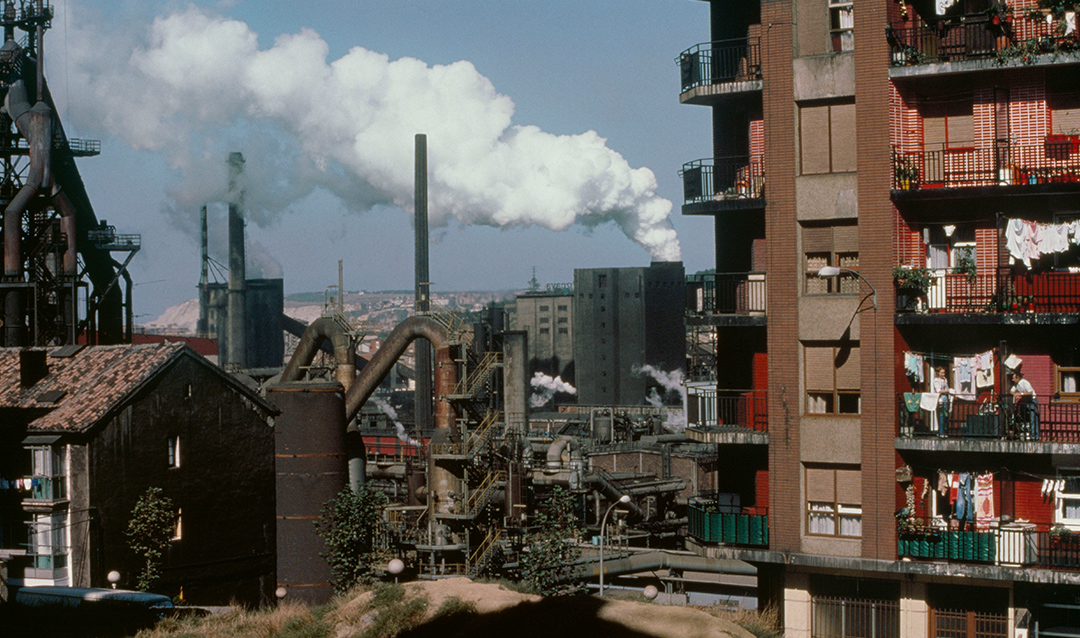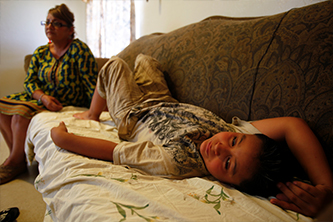Choi has developed a line of research focused on the environmental origins of asthma, with a specific focus on the long-term impacts of prenatal exposure to air pollution. Of particular interest to Choi are a group of pollutants called polycyclic aromatic hydrocarbons (PAH), a group of carcinogens in air that are released from the burning of biomass—everything from wood and tobacco to coal, oil or gasoline.
Though PAH have long been recognized as a threat to human health and are linked to a number of cancers, among other conditions, their full impact isn’t entirely understood. Choi is working to change that. By elucidating the molecular mechanisms between these pollutants and asthma, Choi hopes to help the medical community better understand how asthma impacts specific vulnerable sub-populations and, hopefully, create pathways for the development of new and better treatments as well.
Choi has been investigating the potentially dangerous impacts of exposure to PAH for 17 years, beginning with her time as a Ph.D. student at Columbia University. In the years since, new and innovative research methods have allowed Choi and her colleagues to drill down and better grasp how exposure to air pollution creates or amplifies health problems, including the ever-expanding issue of childhood obesity.
“Up until recently, we have been investigating largely by making an association between early-life pollution exposure and a set of symptoms,” she says. “Today, however, we are able to deeply characterize phenotypes, clarify environmentally induced molecular pathways and offer hope for new therapies based on novel insights of disease development. Even more amazing is that we are able to suggest for the first time whether obesity is a contributor to, or the consequence of, childhood asthma.”
Choi’s past research has examined asthma through the lens of many different populations in locales around the world. At Lehigh, she says, she intends to focus much of her work on the children of the Lehigh Valley, while also continuing a broader exploration of air pollution, a silent killer that accounts for approximately 7 million deaths each year.
It’s work that Choi is not only passionate about; it’s also work she truly believes in.
“When my paper on asthma mechanisms was in an interminable process of review at various journals, some people described my research approaches as overly ambitious, naïve, risky and untenable,” she says. “I too had to ask myself whether I might be an unrealistic dreamer. At the same time, my mother kept telling me, ‘What has a scientist got, if not the doggedness of her gut? Just follow your heart.’”.






